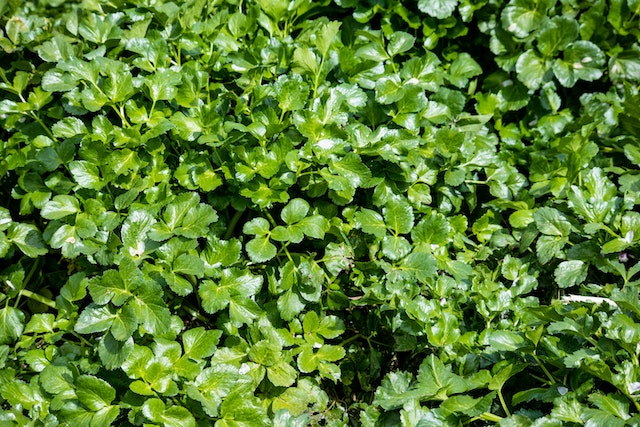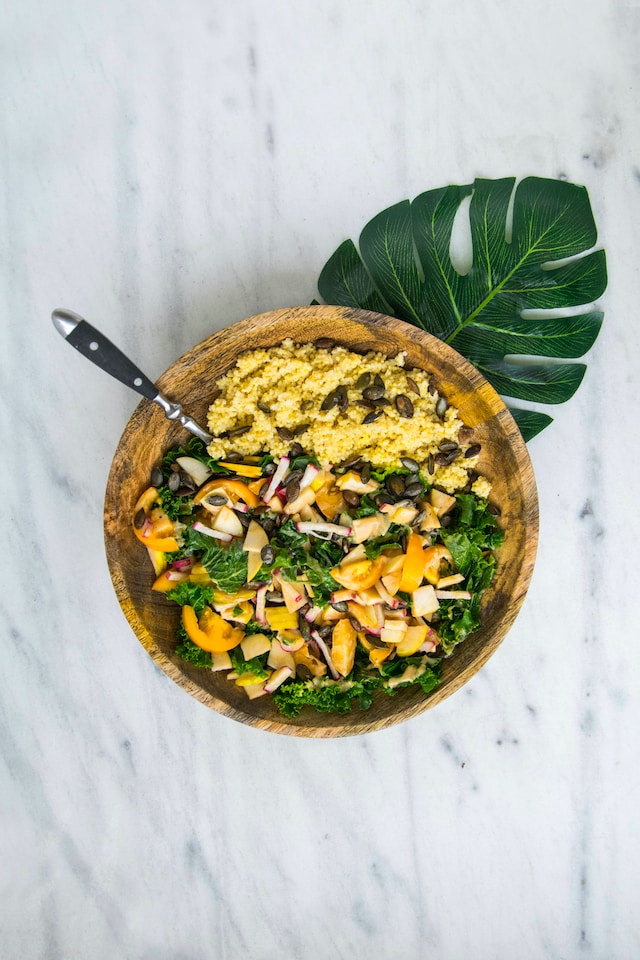The art of cooking is a delicate balance of flavors, aromas, and textures. Herbs play a pivotal role in this culinary symphony, offering their unique characteristics to enhance dishes. The choice between fresh herbs, ideal for garnishes, and dried herbs, perfect for cooking, can significantly impact your culinary creations. In this article, we’ll highlight the dual roles of fresh herbs as garnishes and dried herbs as cooking ingredients, showcasing how they can elevate your dishes and infuse them with flavor.
The Vibrance of Fresh Herbs for Garnishes
Fresh herbs are nature’s aromatic gems, known for their vibrant colors, intense aromas, and delicate textures. They excel in garnishing dishes and bringing an array of flavors to the forefront. Here’s why fresh herbs are perfect for garnishes:
- Visual Appeal: The bright and varied colors of fresh herbs add visual appeal to your dishes, transforming a simple plate into a culinary masterpiece. Think of the lush green of basil, the fiery red of chili pepper, or the delicate purple of chive blossoms.
- Freshness: Fresh herbs provide a burst of freshness that elevates the overall taste of a dish. Whether it’s the zesty kick of cilantro, the earthy aroma of rosemary, or the invigorating scent of mint, their freshness is unmatched.
Photo by michael Bayazidi: https://www.pexels.com/photo/a-woman-walking-through-the-rice-paddies-7461579/ - Textural Contrast: The delicate texture of fresh herbs complements the often hearty or chewy nature of cooked dishes. Whether it’s the tender leaves of basil, the crisp bite of parsley, or the feathery fronds of dill, these herbs offer a textural contrast that adds interest to your dishes.
- Flavor Enhancement: Fresh herbs infuse your dishes with a burst of flavor that lingers on the palate. A few basil leaves on a Caprese salad, some chives sprinkled on a creamy soup, or a sprig of thyme in a hearty stew can take your dish from good to extraordinary.
The Concentrated Flavors of Dried Herbs for Cooking
Dried herbs, through the dehydration process, offer a different but equally valuable culinary experience. They excel in cooking, where their concentrated flavors gradually infuse into the dish. Here’s why dried herbs are perfect for cooking:
- Concentration of Flavor: The drying process intensifies the flavor of herbs by concentrating their essential oils. Dried herbs are potent and capable of infusing a dish with robust and consistent flavor.
- Long Shelf Life: Dried herbs have a significantly longer shelf life compared to their fresh counterparts. They can be stored in your pantry for months or even years without losing their flavor.
- Year-Round Availability: Dried herbs are available year-round, ensuring you have access to your favorite flavors regardless of the season. You don’t need to worry about herbs going out of season or being affected by the weather.
- Consistency: Dried herbs provide a consistent flavor profile. You can rely on them to infuse your dishes with the same aroma and flavor every time you use them, ensuring the reliability of your recipes.
Balancing Fresh and Dried Herbs in Your Cooking
Achieving the perfect flavor and presentation in your dishes involves striking a balance between fresh and dried herbs. Here’s how to do it:
- Fresh for Freshness: Use fresh herbs as garnishes and last-minute additions to your dishes. Their vibrancy and intense aroma are best showcased when sprinkled on a finished plate or stirred into a salad.
- Dried for Depth: Dried herbs are excellent for dishes with longer cooking times. Use them in soups, stews, sauces, and marinades to allow their concentrated flavors to infuse gradually.
- Year-Round Access: Dried herbs bridge the seasonal gaps when fresh herbs may not be readily available. This ensures a consistent supply of flavors for your favorite recipes throughout the year.
- Customize Your Garden: If you have a garden, consider cultivating herbs that you use frequently for garnishing purposes. This way, you always have fresh herbs on hand for that final touch.
- Blend the Two: Don’t hesitate to combine fresh and dried herbs in the same dish. This can create layers of flavor and complexity that enhance your culinary creations. For example, you might add dried oregano to a simmering pasta sauce and garnish it with fresh basil just before serving.
Embracing Herbs in Various Cuisines
Different cuisines have distinct preferences when it comes to fresh and dried herbs. Here are some examples:
- Mediterranean: Mediterranean cuisine often relies on fresh herbs like basil, oregano, and parsley for their bright and aromatic qualities.
- Italian: Italian cuisine embraces both fresh and dried herbs. Fresh basil and parsley are common, while dried oregano and rosemary are popular in tomato sauces and roasts.
- French: French cuisine leans towards dried herbs like thyme, rosemary, and tarragon. Dried herbs are prevalent in classic French dishes.
- Indian: Indian cuisine makes extensive use of dried herbs and spices, creating richly flavored dishes with complex spice blends.
- Thai: Thai cuisine favors fresh herbs like cilantro, Thai basil, and lemongrass, which add a burst of fresh flavor.
Growing Your Own Herb Garden
For the freshest herbs, consider growing your own. Whether you have a garden, a sunny windowsill, or a balcony, cultivating herbs at home is a rewarding experience. It allows you to pick fresh herbs at their peak flavor and nutritional value whenever you need them.

In Conclusion
The choice between fresh herbs for garnishing and dried herbs for cooking should be a deliberate one, considering the specific requirements of your dishes and the type of cuisine you’re preparing. By striking a balance between the two, you can create flavorful and well-rounded meals that highlight the best of both worlds. Experiment, taste, and let your culinary senses guide you in choosing the right form of herbs for your recipes, adding depth and complexity to your dishes and creating culinary masterpieces that captivate the senses.











